Connection Between Dairy and Acne – Does Milk Cause Acne?

Image: Shutterstock
People have long speculated that there is a connection between dairy and acne. But, does dairy really cause breakouts?
Acne is among the world’s most prevalent skin conditions, affecting 9.4% of the global population (1). Dairy is claimed to be one of the most common triggers of acne. Therefore, many people argue that removing dairy from your diet will get rid of acne. Is there any scientific evidence to support this claim? Keep reading to find out the truth!
In This Article
Dairy And Acne: What Research Says
Several studies found a link between dairy products and acne. Researchers believe that the carbohydrate in dairy products may affect the serum insulin levels and insulin-like growth factor-1 (IGF-1). This may trigger acne.
Dairy cows in the US are injected with bovine growth hormone to increase milk production. Such milk contains high levels of IGF-1. Moreover, cow’s milk is meant for the calves and contains growth hormones and anabolic steroids, which may trigger acne in humans (2).
Dairy products may contain hormones like (3):
- Androgens
- Estrogens
- Progesterone
- Insulin and insulin-like growth factor-1(IGF-1)
- CRH, adrenocorticotropic hormone (ACTH)
- Melanocortins
- Glucocorticoids
- Growth hormone (GH)
Ingesting these hormones through dairy products may lead to some hormonal issues, leading to acne and even cancer (4).
The American Academy Of Dermatology Association agrees that cow’s milk may increase the risk of developing acne. However, there is no substantial clinical evidence to prove a link between dairy products like yogurt or cheese and acne (5), (6).
On the flip side, dairy products like cheese, butter, and sugar (milk contains lactose) have a high glycemic index (GI). High glycemic diets lead to insulin resistance and acne (7). Hence, in one way or the other, dairy products may worsen your acne.
Does that mean you should skip milk altogether? Do low-fat and skimmed milk also trigger acne or worsen existing lesions? Let’s find out in the next section.
Why Does Milk Cause Acne? Should You Avoid It Completely?
All forms of milk, be it total, whole, low-fat, and skimmed, are linked to acne (6). The exact mechanism is unknown, but the hormones in milk are to be blamed for that.
As discussed earlier, milk naturally contains growth hormones, anabolic steroids, and other growth factors. In dairy farms, the cows are further treated with artificial growth hormones to increase their milk production (8). This increases the hormone levels in the milk.
When you drink such milk, it affects the IGF-1 levels in your body. Increased IGF-1 levels and male hormones (androgens) may cause adult acne in men and women (9).
If you have acne-prone skin or hormonal acne, it is better to avoid any form of milk and dairy products. If you have noticed flare-ups recently, dairy or milk can be one reason. Here are a few tips to find if your flare-ups are due to dairy products.
How To Check If Dairy Products Are Worsening Your Acne
- Maintain A Food Journal: Record if the consumption of certain foods, especially milk, cheese, yogurt, and protein powder, increases acne inflammation or causes new breakouts.
- Skip A Particular Food: If you notice excessive breakouts when you consume a particular food, eliminate it from your diet for 30 days. Watch how your skin and existing acne behave.
Follow these ways for at least a month to understand the exact reason behind your acne. Can reducing the intake of dairy or eliminating it from your diet helps in acne management? Read next.
Can Avoiding Dairy Improve Acne?
It depends on the individual. Consuming dairy products and milk worsens acne. However, there is no evidence suggesting that cutting out dairy can improve acne.
Anecdotal evidence suggests that eliminating certain trigger foods can help you manage acne. A study involving men found that following a low glycemic index (GI) diet could reduce acne severity and insulin sensitivity (10). You may try cutting out milk or any other trigger food from your diet to see how your skin responds.
Acne is a complex condition triggered by many factors. It is important to understand which factors are worsening your condition. Frequent flare-ups may also indicate underlying health conditions. Consult a doctor for a proper diagnosis and treatment. If you want to eliminate milk from your diet, here are a few alternatives you can try.
Alternatives To Milk
You can try:
- Almond milk
- Soy milk
- Coconut milk
- Rice milk
- Oat milk
- Cashew milk
The Bottom Line
Dairy products can aggravate acne. While there is no evidence that eliminating dairy from your diet can help with acne, this does not indicate that everyone who consumes dairy will get acne. Acne is a complicated skin condition caused by various factors other than dairy. It is critical to figure out what is making your situation worse. Keep a food journal to figure out which foods exacerbate your acne. Remove them from your diet or experiment with alternatives. Don’t forget to see a doctor for an accurate diagnosis and treatment for your condition.
Frequently Asked Questions
What is a dairy face?
If you are someone who gets acne and other skin issues after consuming dairy products, then you have a dairy face.
Where do you break out from dairy?
Breakouts usually happen around the lower and outer areas of the face. However, one may also get acne breakouts on other parts of the face.
How long after eating dairy do you break out?
Breakouts may flare up in one or two days after consuming dairy products.
Can Greek yogurt cause acne?
Greek yogurt may cause acne if you have a dairy face.
Key Takeaways
- Milk contains growth hormones like androgens, estrogens, etc., and ingesting them through dairy products may lead to hormonal imbalances.
- Besides, cows in dairy farms are injected with hormones for enhanced milk production. This makes the situation even worse.
- The high-glycemic index of certain dairy products may also affect your insulin profile, which is again related to acne.
References
Articles on StyleCraze are backed by verified information from peer-reviewed and academic research papers, reputed organizations, research institutions, and medical associations to ensure accuracy and relevance. Read our editorial policy to learn more.
- A global perspective on the epidemiology of acne
.https://pubmed.ncbi.nlm.nih.gov/25597339/ - Diet and Dermatology
https://www.ncbi.nlm.nih.gov/pmc/articles/PMC4106357/ - Hormonal treatment of acne vulgaris: an update
https://www.ncbi.nlm.nih.gov/pmc/articles/PMC5015761/ - Acne, dairy and cancer
https://www.ncbi.nlm.nih.gov/pmc/articles/PMC2715202/ - Can The Right Diet Get Rid Of Acne?
https://www.aad.org/public/diseases/acne/causes/diet#:~:text=No%20evidence%20yogurt%20or%20cheese,cheese%2C%20lead%20to%20more%20breakouts - Dairy intake and acne development: A meta-analysis of observational studies
https://pubmed.ncbi.nlm.nih.gov/29778512/ - Dietary glycemic factors, insulin resistance, and adiponectin levels in acne vulgaris
https://pubmed.ncbi.nlm.nih.gov/27061046/ - Hormones in Dairy Foods and Their Impact on Public Health – A Narrative Review Article
https://www.ncbi.nlm.nih.gov/pmc/articles/PMC4524299/ - Correlation Between Serum Levels of Insulin-like Growth Factor 1, Dehydroepiandrosterone Sulfate, and Dihydrotestosterone and Acne Lesion Counts in Adult Women
https://jamanetwork.com/journals/jamadermatology/fullarticle/393279/ - Insulin resistance in severe acne vulgaris
https://www.ncbi.nlm.nih.gov/pmc/articles/PMC4565837/
Read full bio of Dr. Priya Gill
Read full bio of Annie Jangam




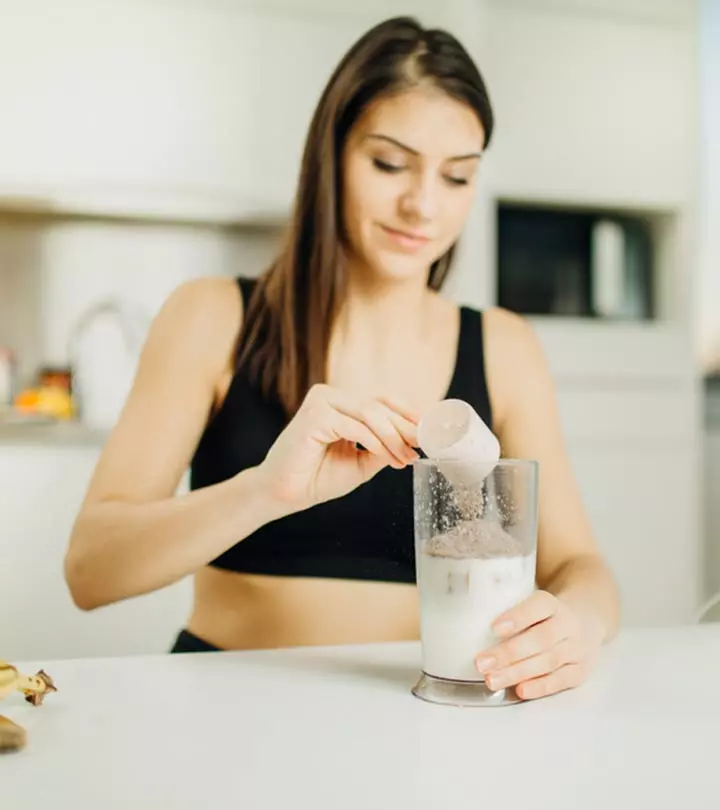
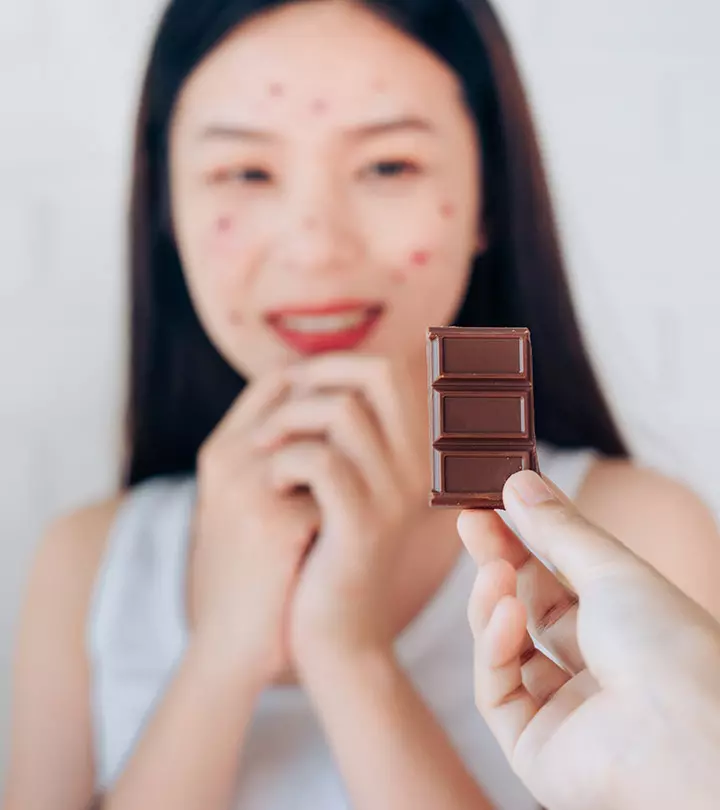
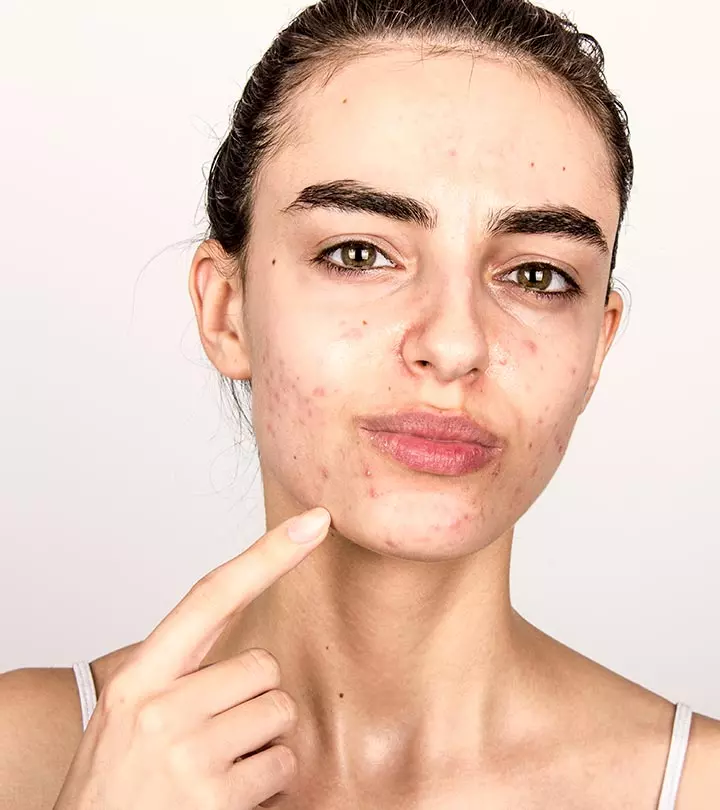

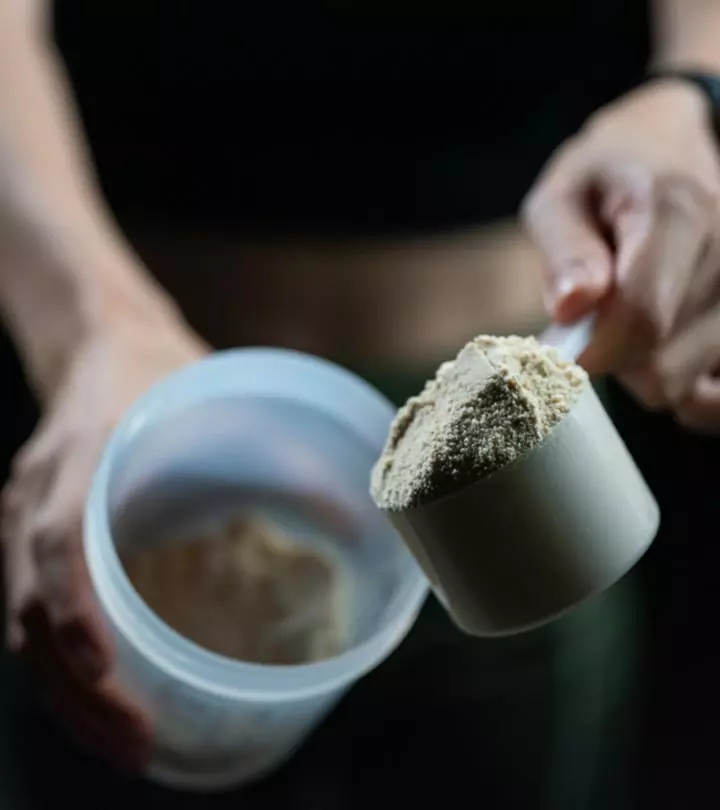
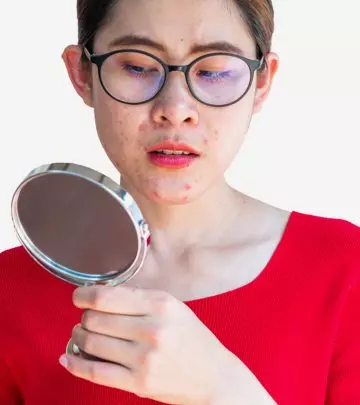
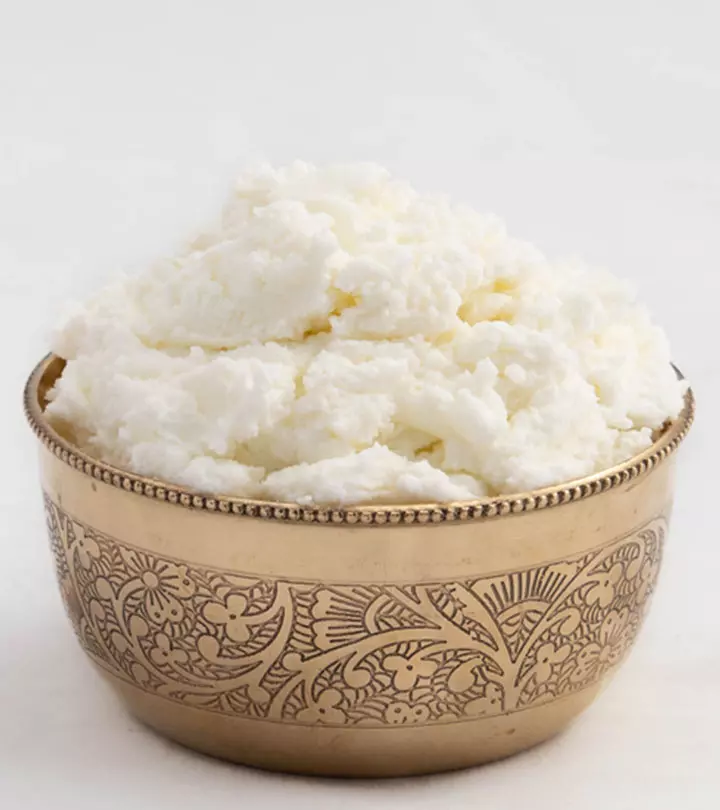
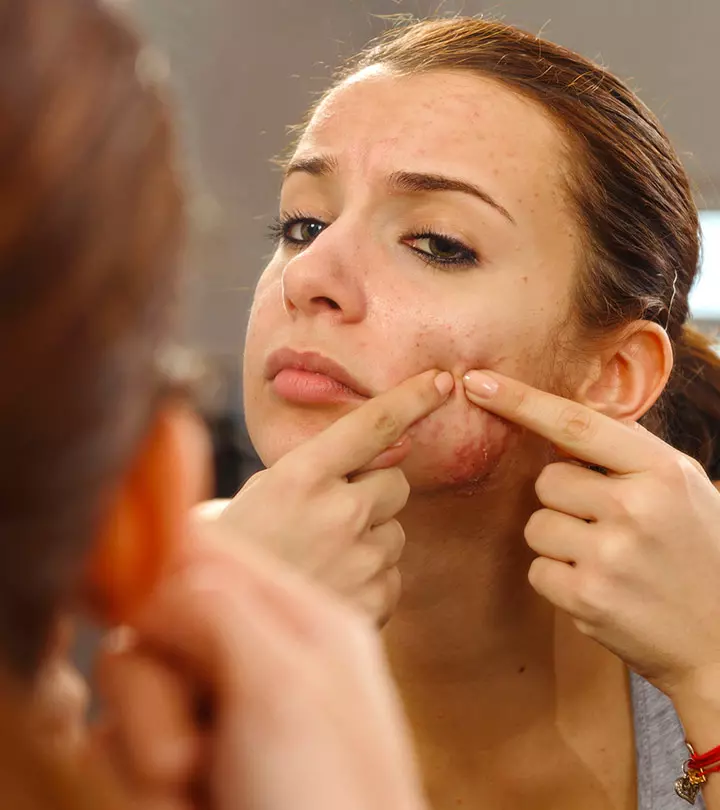
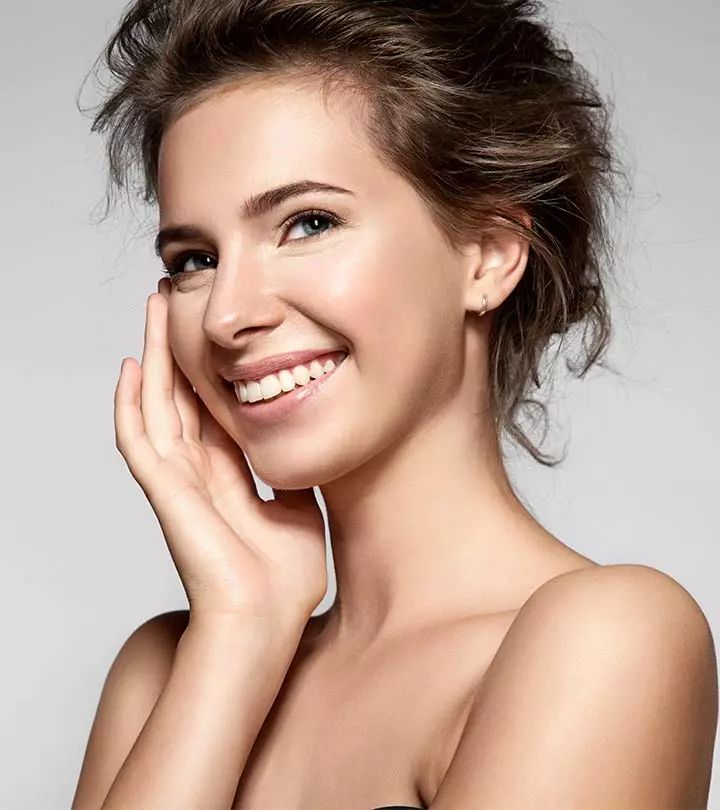
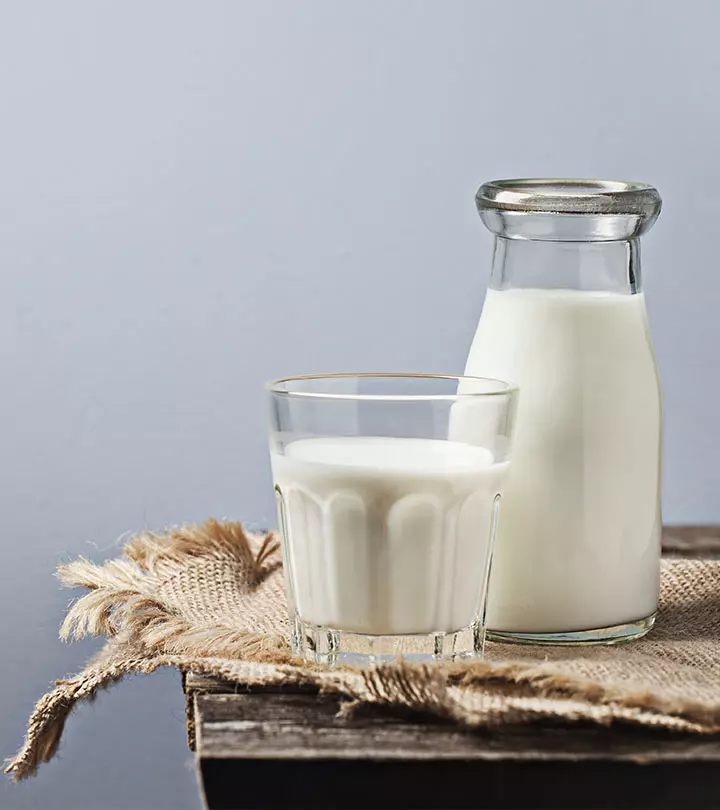
Community Experiences
Join the conversation and become a part of our empowering community! Share your stories, experiences, and insights to connect with other beauty, lifestyle, and health enthusiasts.